Four years after George Floyd's murder, ACM takes charge on Black equity
More than 1,300 days have elapsed since six-time Grammy-nominated country music performer Mickey Guyton released "Black Like Me."
As well, more than 200,000 times more minutes have passed than the nine minutes that Minneapolis police officer Derek Chauvin placed his knee on George Floyd's neck before murdering him May 25, 2020, sparking protests worldwide and leading Guyton, the African-American Texas native and Nashville veteran vocalist, to release the song she initially wrote at a 2019 writers retreat.
One would imagine that such expansive spreads of time — or Guyton's four Grammy nominations, BRELAND's 2023 ACM Lift Every Voice Award, or Kane Brown's ACM International Award — would breed a groundswell of equity in a uniquely American space where civil rights have proved to be less than a civil expectation.
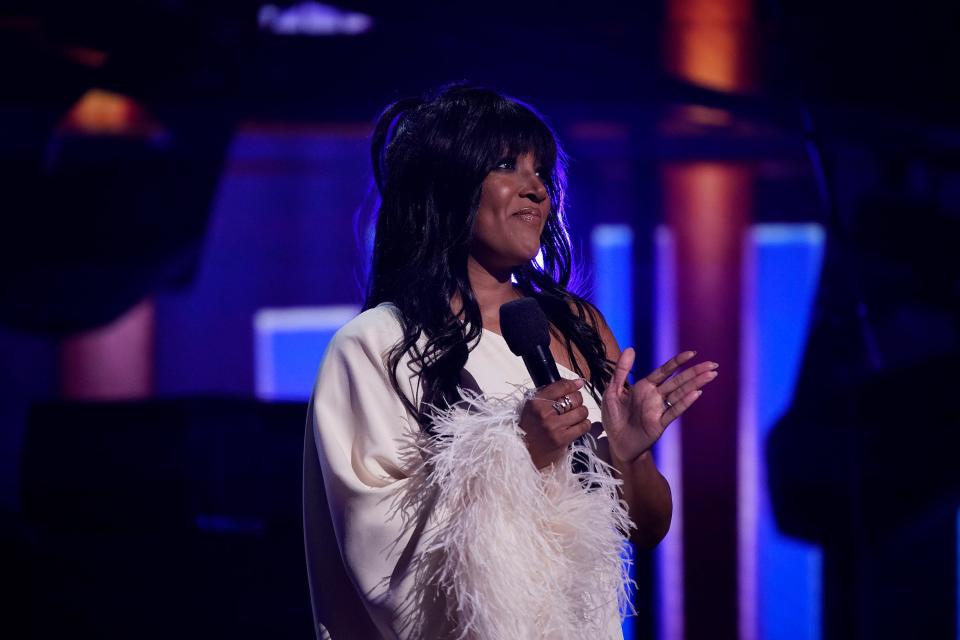
Guyton's grind from a childhood spent listening to Dolly Parton, Kenny Rogers and George Strait, witnessing LeAnn Rimes' pop crossover success and blending that dedicated work to create her own success in country music are now historical footnotes.
The glut of artists created by the push for gender-based, racial and social equality in country's mainstream has changed it both positively and negatively.
In the latter sense, it has made stories like Guyton's long quest from Nashville viability to commercial success more of an expected norm than an awful asterisk.
It's impossible to extrapolate chart-topping success as a mainstream country star to the century-long push for racial equity in country music.
However, in an unprecedented era, it's the only measurement available to tent-pole what the first five years of work to create an equitable, day-to-day space for all Black artists in country music looks like.
More music: How will Beyoncé, Lana Del Rey and Post Malone 'going country' impact the industry?
The ACM takes the lead on equity
The Academy of Country Music is an 80-year-old organization founded initially to represent the non-Nashville-related interests of countrified Western music.
However, the organization is now headquartered in downtown Nashville.
Compared with the Country Music Association, the ACM has been an agitating outlier in the genre.
As country music prepares to celebrate a century as a commercial genre, observing how the ACM has leaped headlong into the racial and social equity spheres is important. Perhaps it outlines how moving their agitational history from being an outlier to front and center in the genre's most harrowing battle lines identifies country's best next steps.

In February 2023, the Black Music Action Coalition and the Academy of Country Music announced their OnRamp partnership. It guaranteed $1,000 in monthly income for 20 young Black artists and industry professionals based in Nashville.
A press statement added that those in the program would be "granted access to professional development opportunities, community mentorship, and other opportunities to increase personal growth, industry exposure, exclusive Academy membership panels and tentpole live events, and visibility with Academy Board members and industry leaders."
This followed BMAC's 2022 release of the report "Three Chords and the ACTUAL Truth: The Manufactured Myth of Country Music and White America," highlighting the genre's history of racism.
Findings from that report included BMAC co-founder and co-chair Willie "Prophet" Stiggers asking Nashville record, publishing and management companies to develop what became the OnRamp campaign.
OnRamp joins ACM's year-old LEVel Up: Lift Every Voice program, a two-year curriculum designed to empower its participants "in expanding the horizons of Country Music into new audiences that transcend demographics and geography."

"I'm impressed by the Academy of Country Music's ability to accept that racism is an issue in the country music industry and lead the charge toward systemic change," Stiggers says.
OnRamp makes Black artists 'humanized, tangible' Nashville country contributors
The Black and queer twin-brother tandem of Brandon and Derek Campbell comprise the fervently 1990s-era-country-inspired Kentucky Gentlemen.
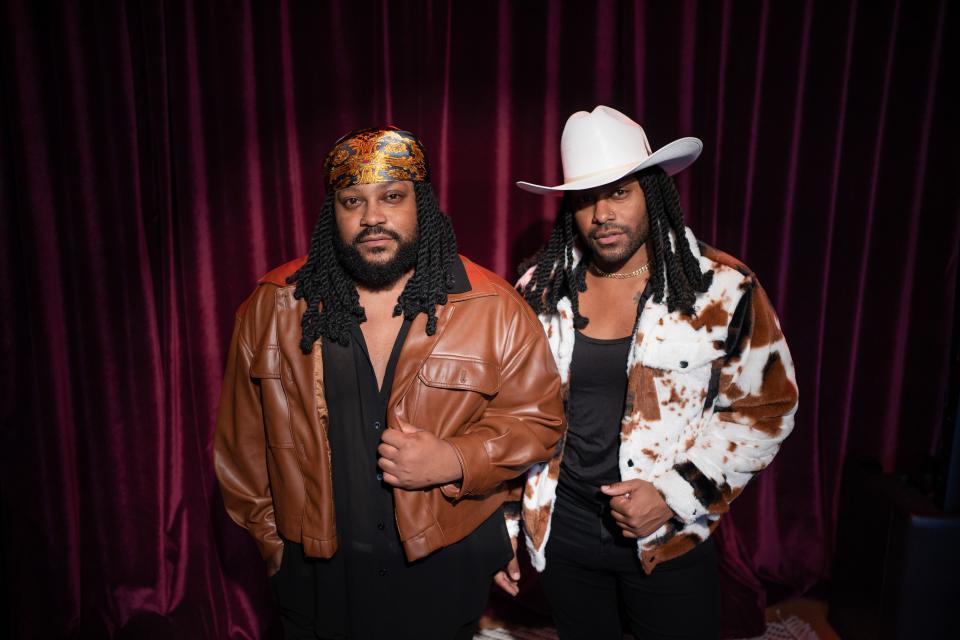
Their sound continues a multigenerational contemporary soul heritage in Kentucky-based country artists, including the Judds and Keith Whitley), Patty Loveless and Chris Stapleton.
The charismatic duo comes from roughly 20 minutes west of Lexington. They are also in nearly year nine of what has become a 15-year journey to scratching the surface of acclaim in a 10-year town.
However, unlike Jelly Roll or Lainey Wilson, their decade of work has landed them not at a major label but in the ACM's OnRamp program.
The Campbell brothers' faces stiffen with frank resolve when discussing emerging from being more often seen but not heard as handsome additions to photo campaigns around Nashville and elsewhere.
"We're ready to be a humanized, tangible part of the Nashville industry," says Derek Campbell. "Once people hear us play, we're not so easily able to be just visible, two-dimensional and targets for hate."
"Actions are better than pictures," continues his brother, Brandon.
Like other programs in Nashville, such as the Black Opry record label and touring collective, OnRamp's first-year cohort has organically formed a proud community of sorts.
Artists in 2024's OnRamp class include not just the Gentlemen but regularly touring Black Opry artists Tylar Bryant, Carmen Dianne and Nick Tabron, Nigerian-American soul vocalist Larysa Jade, 2023 Tractor Supply Emerging Artist Tae Lewis, saxophonist and vocalist Roz Malone, buzzworthy rapper Daisha McBride, Chattanooga-born R&B vocalist Qualls, self-described "jazz rap activist" and Tennessee State University graduate Kendall Warner, and 2023 CMT Next Women of Country class member Julie Williams.
More: Will the country music establishment embrace Beyoncé? Here's how to tell
Derek Campbell highlights digital music marketing executive Derek Medeiros, ACM's vice president, artist and industry relations Tommy Moore, and Nashville A&R, producer and session musician Derek Wells as key OnRamp mentors fostering how the program's community integrates with Nashville's industry at-large.
Brandon Campbell cites the universal basic income component of OnRamp's foundation as "100%, for sure," beginning the process of re-shifting "resources oftentimes allotted to others to afford them putting in the time and work" unbothered by not being able to pay bills or rent.
More music: How "American Idol" contestant Emmy Russell continues Loretta Lynn's legacy
Clearly, however, OnRamp is a Band-Aid.
But a century of country music history coupled with a revival of profound racial tensions gapes like a bullet wound from close range.
Undaunted, the Kentucky Gentlemen view OnRamp as a way to sustain their continued push and keep them — at a critical juncture of their careers — on red carpets at all major award shows, plus a lucrative "quality and quantity" of gigs.
LEVel Up shakes the table in Music City boardrooms
Kortney Toney has grown from a decade of employment in various sectors of Nashville's music industry to occupying a desk in the Academy of Country Music's offices as the group's programming and community engagement manager.
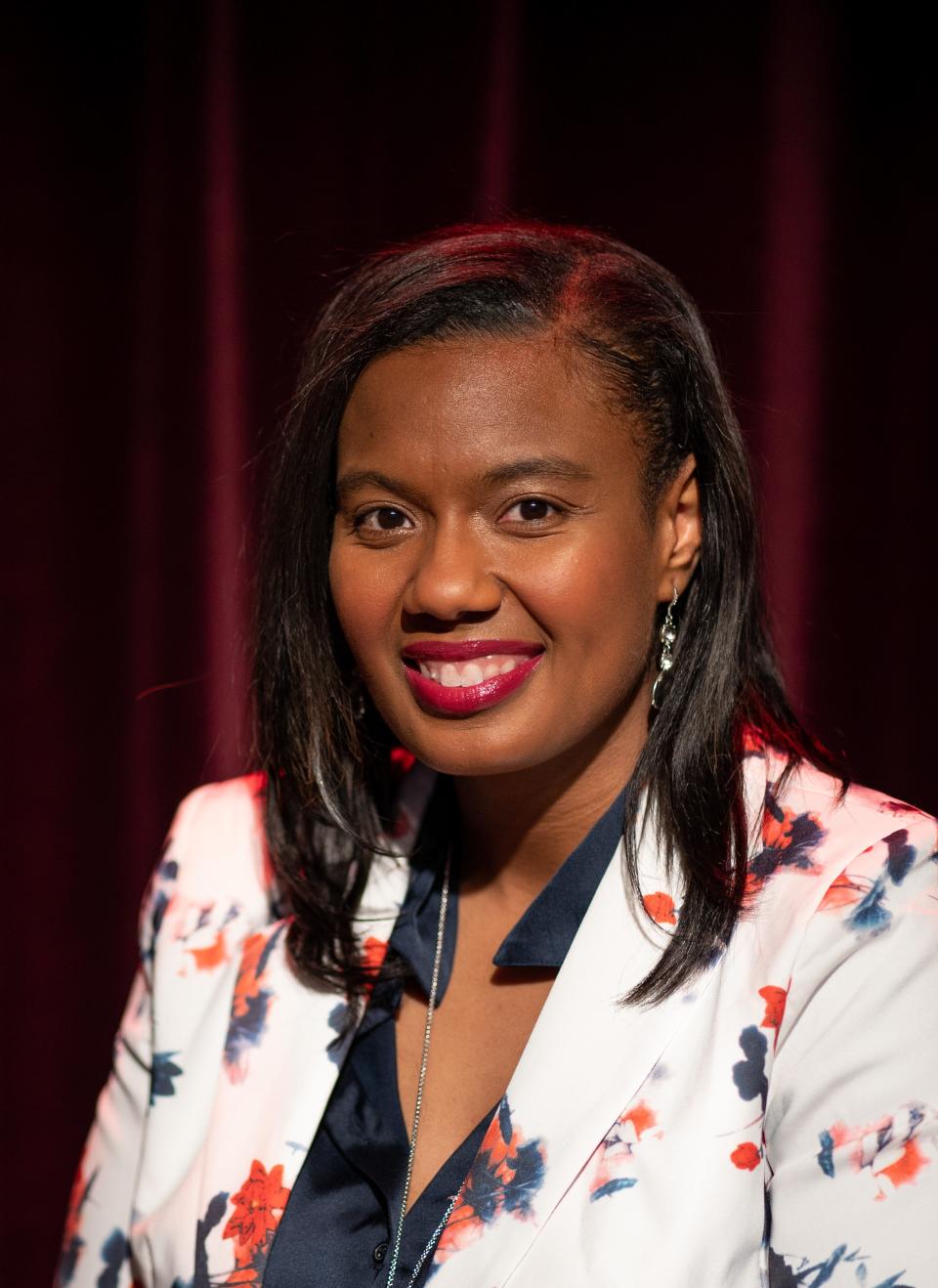
She's a lifelong fan of country music who feels that the benefit of 2020's vitriolic nature for America at-large trickled into country music by removing the need for Black artists and fans to continue internalizing antagonism about the genre's history.
More: Jessie Jo Dillon's Grammy-level songwriting aims to uncomplicate human emotions
As one of two-dozen Nashville music industry workers to work within ACM's multiracial LEVel Up cohorts toate, she has first-hand knowledge of how, as she states to The Tennessean, "doors and eyes opened when Black people in and around country music raised our voices."
"The genre's been open-minded as long as it's (largely white people) supporting their friends," she says. "It's not been easy and we have a long way to go in increasing the number of diverse and previously unknown voices that need to be listened to at boardroom tables."
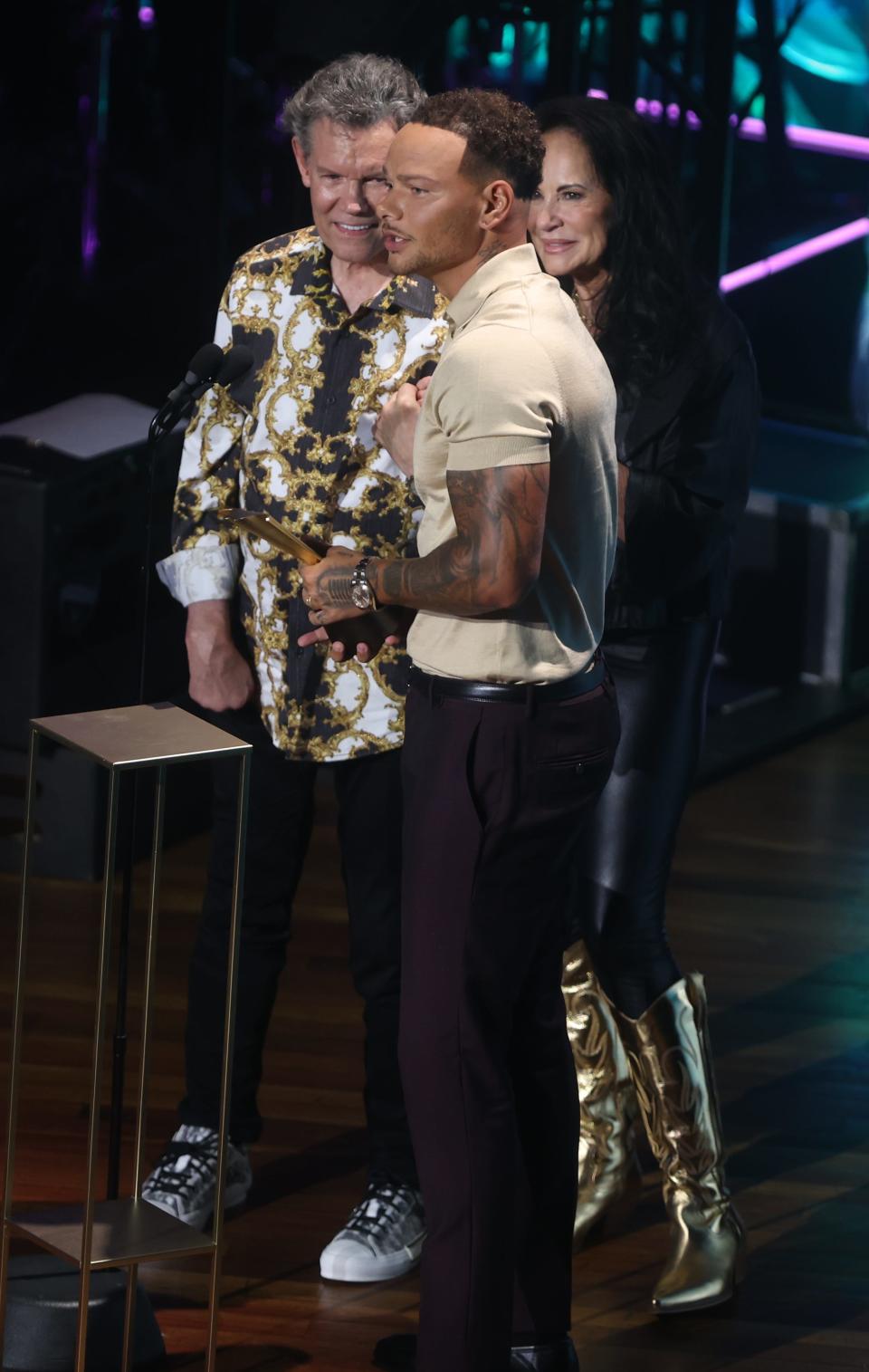
Toney is aware that fundamental change is not perpetually incremental. However, that will require a unique skill set she adeptly quantifies.
"More executives, especially Black ones, able to be immersed with and balance all sides of themselves — their friends who grew up listening to country music, plus understanding the global cultural significance of hip-hop and R&B, the power of Lower Broadway, the cool of rock 'n' roll — can understand how country music can best achieve universal appeal."
How do Nashville's progressions impact country's Black fanbase?
History, mathematics and the realities of American society pose the greatest peril to the effectiveness of country music's advocacy for racial and social equity.
Many Black fans feel they are neither respected nor welcomed by the genre and its industry.
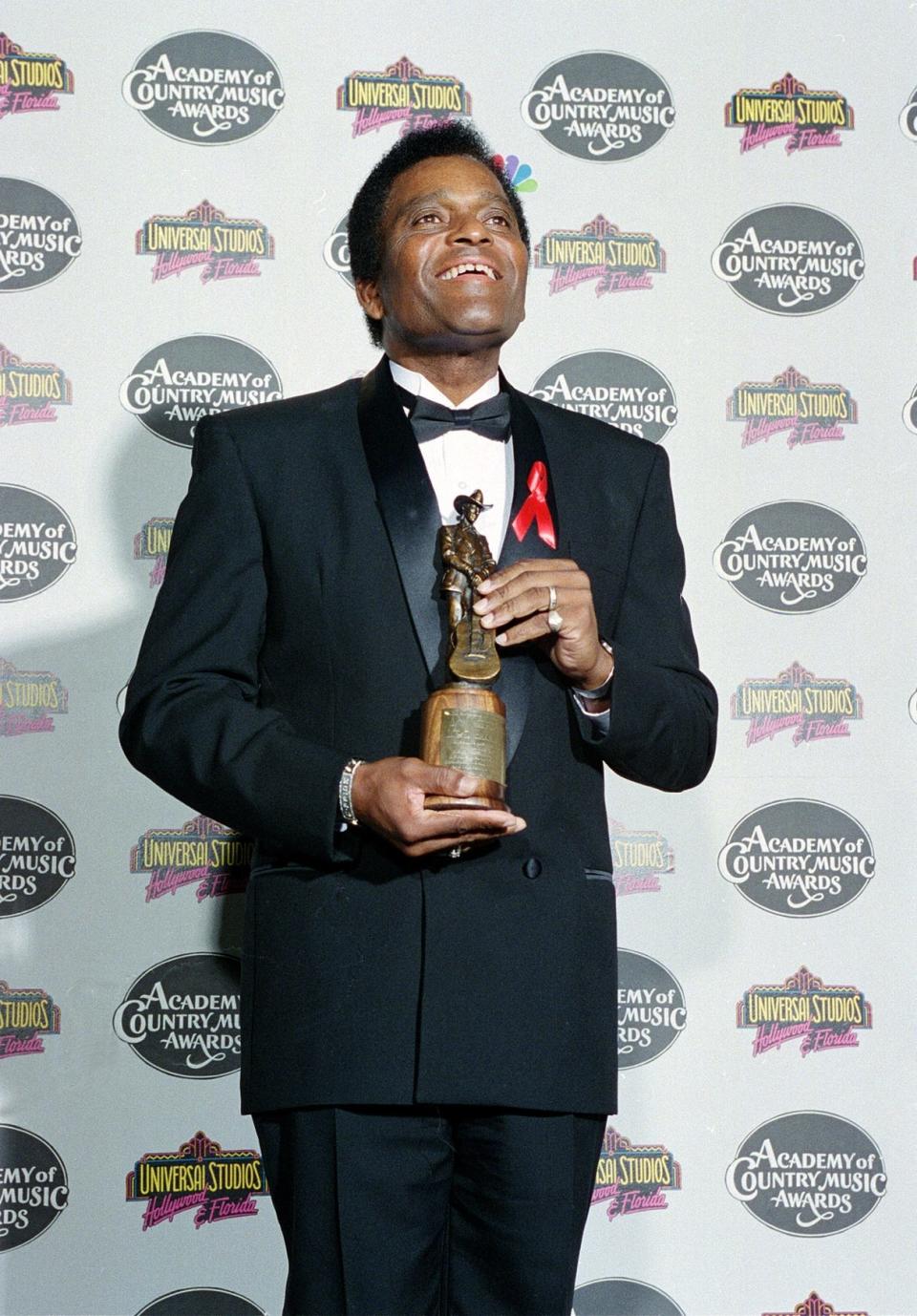
"Appropriation has become an everyday part of how America addresses Black culture," stated author Francesca Royster to The Tennessean in 2023.
"Therefore, the inclusion of blackface minstrelsy in conversations about white performers appropriating Black styles to achieve success is important.
"Empowering marginalized spaces to assess country music's mainstream and developing integrity-driven strategies for integration is key," Royster adds.
However, her note that Black faces' work often "drains them of the resources required across all levels of the industry" highlights the importance of the ACM's work and offers a direct call to action for more direct white allyship.
A simple solution that the industry has haphazardly attempted to adopt in the past is presenting itself as a welcoming space where top white stars are branded and promoted — as best noted in Dolly Parton's case, for instance — as people who have an "authentic love and genuine care for everyone."
However, a perpetual "blunting, neutering and nostalgia-driven recasting of country music's 'middlebrow' art" troubles this notion, says sociologist and writer Tressie McMillan Cottom.
She posits the notion in a 2021 discussion of Parton's impact titled "The Dolly Moment."
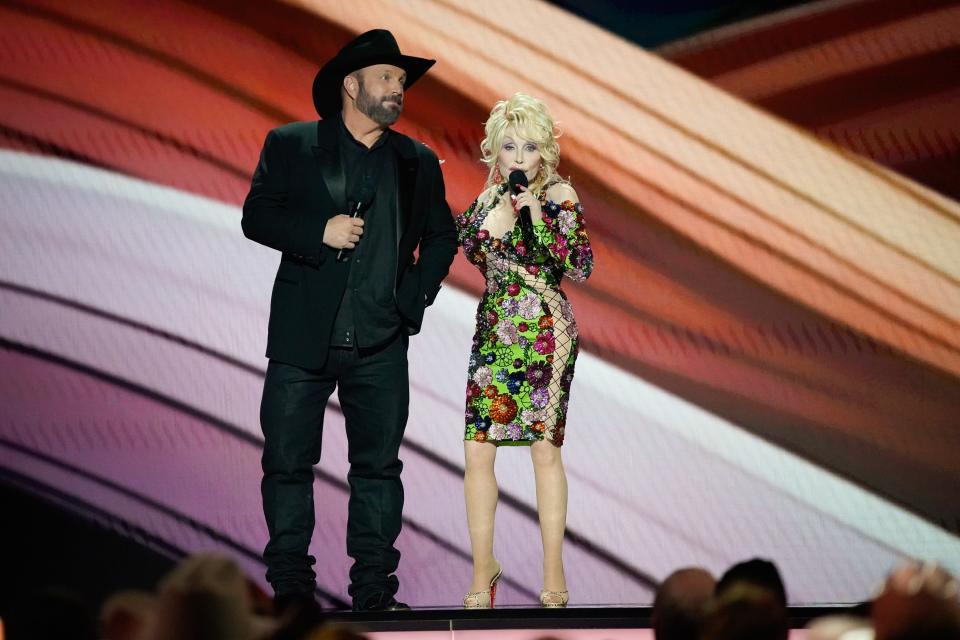
Cottom's essay is only half of the issue.
How much work do country's white stars need to do?
History shows that it takes no fewer than 20 years of consistent top-tier exposure, hit songs, marketing and touring for the average country star — be it Elvis Presley and Johnny Cash, Loretta Lynn and Dolly Parton, Garth Brooks and Kenny Chesney, Taylor Swift and likely only a half dozen more — to impact one in 10 Americans directly.
This level of exposure and appreciation for a country superstar's crossover has made the genre more appealing to Black fans.
However, in 1977, reaching one in 10 Americans was involved in creating a brand strong enough to impact roughly 22 million people.
By 2000, that work required a brand able to impact 25% more people.
Not to make the challenge any more daunting, but at present two of country music's biggest stars — Jason Aldean and Morgan Wallen — uniquely trouble the waters of country music's ability to attract and retain Black fans.
Bluntly put, Aldean and Wallen's transgressions are unprecedented in casting country's top stars as racially and socially polarizing personalities. Their growth in public support amid their use of racial slurs and dog-whistling tactics sets a perception for many Black fans that aggressively denies their comfort in country's genre and industry.
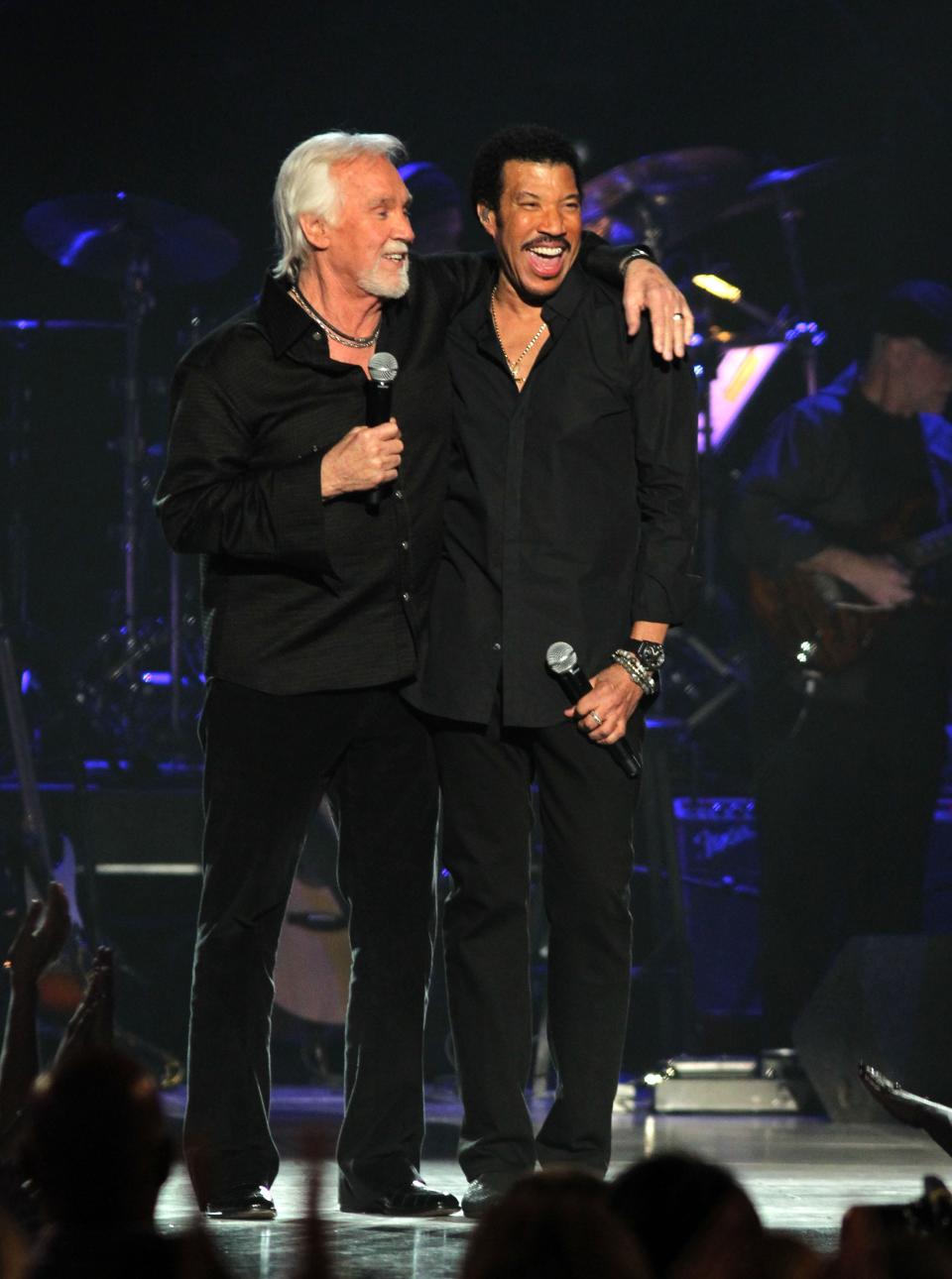
What to know: Morgan Wallen to open 'This Bar' in downtown Nashville
However, these are both stars whose reach — even after a combined 30 years of mainstream exposure — pales in comparison to the entrenched stars of yesteryear.
There remains no equitable way to cast Aldean and Wallen's issues in country's history.
However, a statement made by Parton about her ill-fated 1976 syndicated variety show offers a clue for what, if Aldean and Wallen reach Parton's culture-shifting power, they may think about the perceived errors in their past.
"It was really bad for me, that TV show," Parton said. "It was worse for me than good because the people who didn't know me and who liked the show thought that's how I was … I mean, I still come through as myself, even with all the other stuff, but not really like I should. Not my real, natural way. And the people who did know me thought I was crazy. They knew that wasn't me. Including me. I didn't know that woman on TV."
ACM takes 'intentional' next steps ahead
Before assuming the position of the Academy of Country Music's CEO in December 2019, Damon Whiteside worked for the CMA as its chief marketing officer and senior vice president of marketing and strategic partnerships between 2014 and 2019.

There may be no person better suited to understanding how country's mainstream best navigates for accepting diversity among its core fundamental tenets in the same breath as three chords and the truth.
He became a country music fan during an era when artists like Parton and Kenny Rogers routinely shared stages and fanbases with performers such as Michael Jackson, Lionel Richie and Tina Turner.
"Diversity was prevalent as everyone appeared to feel like a part of an industry where everything, at some point, felt like it crossed into pop's mainstream," says Whiteside about his 1980s-era youth.
Four decades later, the splintering and rise of the 1990s era in country music alongside 2000s- and 2010s-era booms for rock and hip-hop left country's industry flat-footed when attempting to discover a simple resolution for how the perception of racism's surge and subsequent necessary discussions about diversity and social equity rose in COVID-19-era America.
Whiteside feels that, as an industry, country music's most significant hurdle is educating about the long history of how America's various cultural, ethnic and social traditions can breed unifying commonalities within country music's industry that defy commonly held stereotypes about the genre.
"We're not just twanging songs. Culturally, ethnically and socially, (the applications and influences of what defines country's mainstream) are broader than what has defined 'pop music,' until recently," Whiteside says.
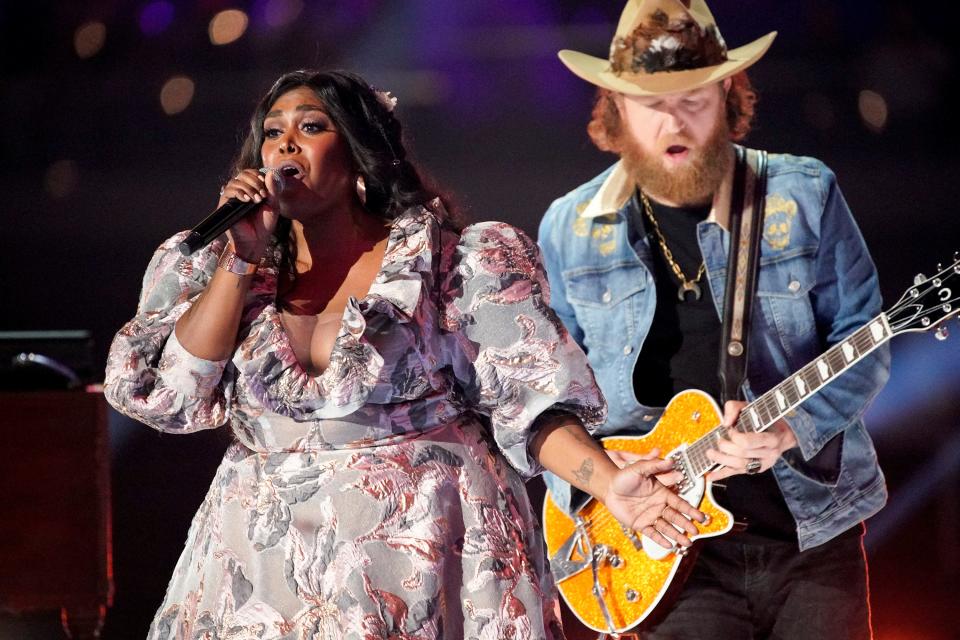
"Intentional work — like Brittney Spencer performing Martina McBride's (1996 hit) 'Independence Day' at the 2021 ACM Honors, then joining with the Brothers Osborne performing to close the 2022 ACM Awards — is our attempt at crossing bridges between realities and stereotypes about country music that aren't disconnecting or off-putting to the fans of the genre, while also exposing them to a potential new superstar talent."
ACM prepares for the most challenging parts of the road ahead
Whiteside is asked the hard questions about Aldean and Wallen, both being painted broadly with the perception of holding racist beliefs while also accounting for the equivalent of nearly 15 million albums sold and 16 multi-genre No. 1 singles since 2020.
Moreover, Aldean won an ACM Award for single of the year for his Carrie Underwood duet "If I Didn't Love You," while Wallen's "Dangerous: The Double Album" was honored for album of the year at 2022's event.
Whiteside notes that he hopes that a "tough" situation within an unprecedented paradigm will continue to evolve positively.
Concurrent with more diversity in country's mainstream increasing what is already a dynamic plethora of social beliefs, he's hopeful that the fanbase "embracing the broadest choice ever in picking and choosing what resonates with them" can rise higher as a tide than "artists who unfortunately make country music's fans, new and old, feel unwelcome."
Whiteside also hopes that the genre's global growth via measures like streaming the ACM Awards with Amazon Prime can inspire artists to embrace the potential to attract new fans rather than resist them.

"For generations, country's artists have been (predicated on) protecting their core demographics. However, we, as a country music industry overall, have barely scratched the surface of the diverse set of national and global demographics we are now able to reach with ease."
The Tennessean presses the ACM's CEO about how artists like Wallen — whose touring schedule already has intercontinental reach — is perhaps stalling the country industry's ability to continue, more unfettered than ever, into a wholly progressed position on racial equity.
Overall, Whiteside has no answer for the Wallen question, specifically.
However, he feels that, in general, country's latest wave of superstars benefitting from Wallen's success — he cites surges in popularity of Zach Bryan and Jelly Roll, continued interest in Luke Combs, Maren Morris and Stapleton, plus Wallen's Big Loud labelmates ERNEST and HARDY rising, among many — can as country entrenches itself deeper into pop culture and pop music conversations, showcase how the genre will "continue to break down stereotyping's walls" and invite an increase the genre's fandom, beyond being primarily defined by the behavior of one or more top stars.
Whiteside is cautiously excited about how the ACM is courting Black artists, fans and professionals in general. He's well aware that he's at the start of a process that could take longer than his lifetime.
"We've done some really great things," he says. "But we're also just scratching the surface and have a long way to go."
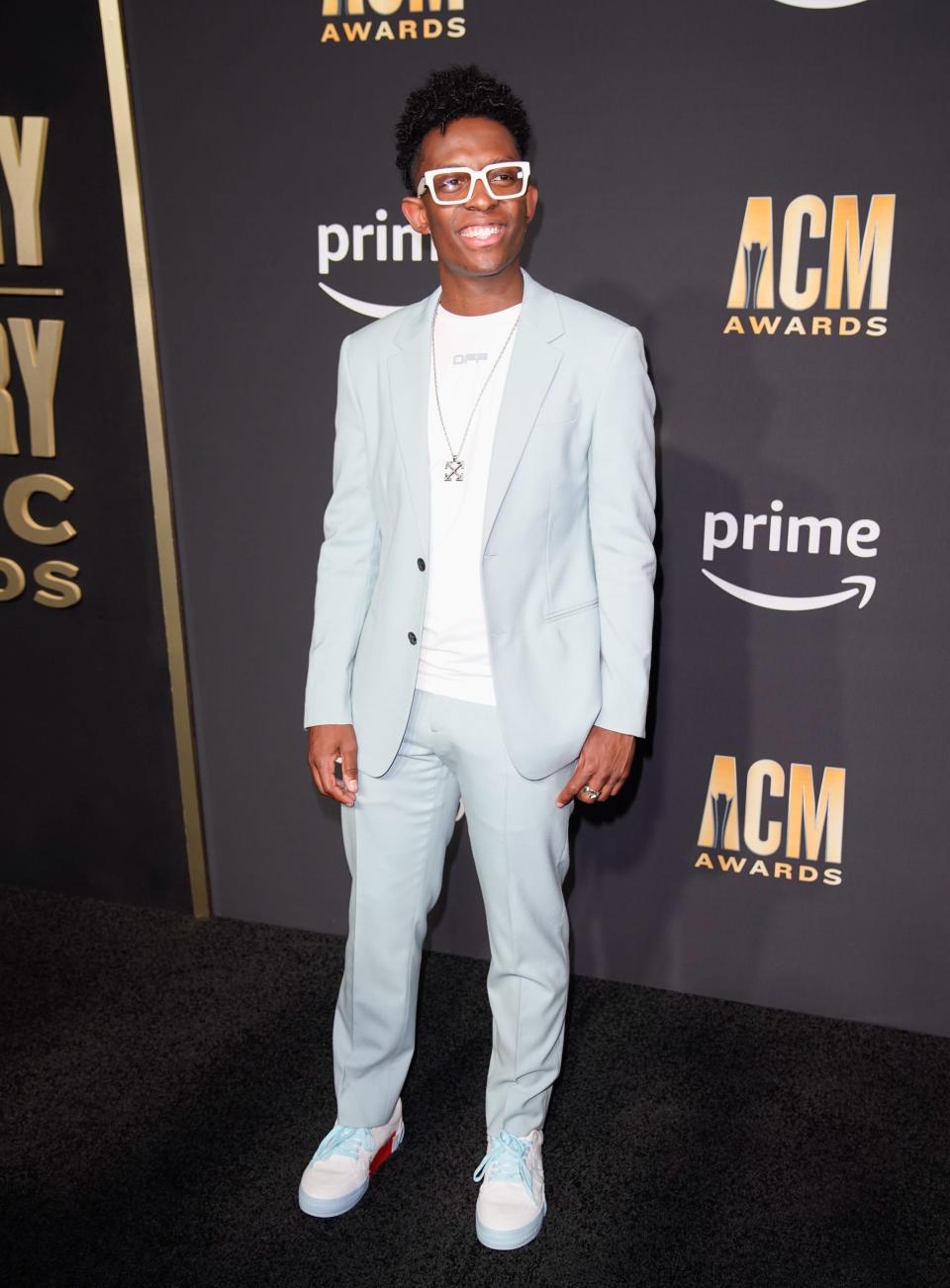
For BMAC's Stiggers, thinking about the next steps ahead is the only time a "rose-colored glasses" view of the country music industry's future enters the conversation.
"Country's best future? A balanced utopia where a unified, desegregated community supports the growth of a diverse fandom."
This article originally appeared on Nashville Tennessean: Academy of Country Music takes charge on Black equity